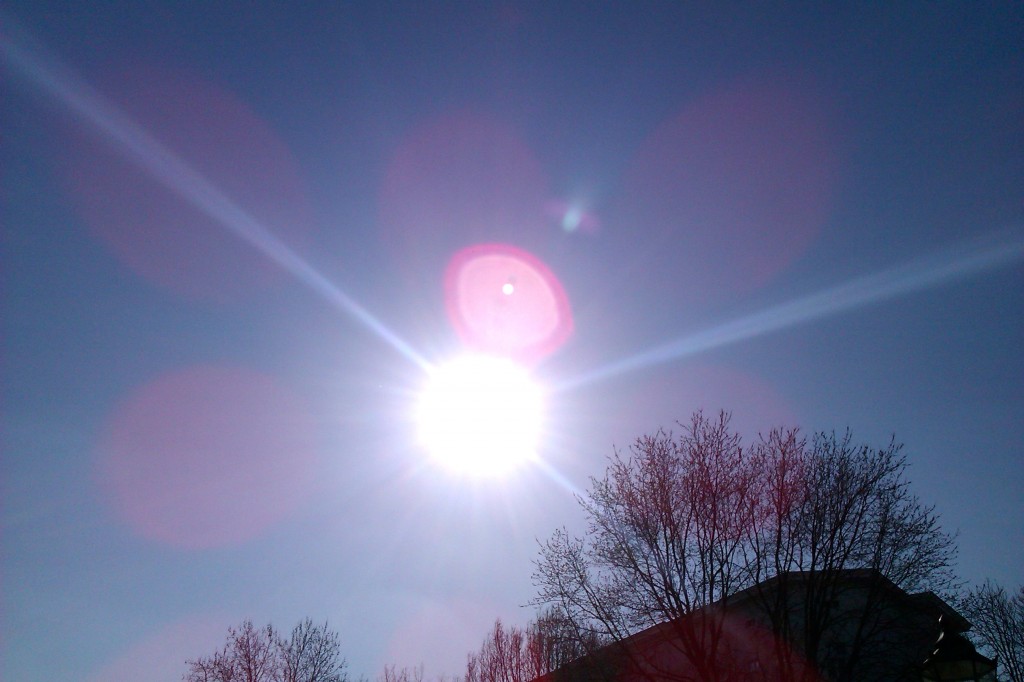Spring is Coming to Berlin
In just three Sundays, in the wee hours, clocks will go forward one hour, the days will be longer. Already on 20 March it will be official: spring. But it is that extra hour of sunlight that makes all the difference. Our seasonally-affected eyes, skin and brains suck in the sun. Being so far north, we enjoy especially long summer evenings. But we get punished for them with our dark winter. Berliners are notoriously moody winter sufferers, and the schizophrenia is visible the moment the sun shines and the warmth seeps in. Berlin explodes into colour, and everyone suddenly wants to get laid.
I’ve been waiting, asking some days, is it here, is it almost here? When, will there be for the first time the feeling of the irreversible, the light on the curtains that feels much stronger? When will I pull open the windows and leave them like that all day. When will the heating be turned off decidedly? When, walking outside, will there be more telltale signs of a city that is transforming?
You no longer need to look for the green buds, they are everywhere, waiting. The ground is patched with green, and darted with yellow of crocuses. Flower sellers now have bundles of tulips, and small 1 Euro bundles of closed narcissi.

I pass the pharmacy and there is a new display: a silk sun, a pool of fish, and anticipatory bottles of sunblock. For now, grown men sit down in the street outside against sun soaked walls, their eyes closed, absorbing, waiting for the change.
Then along the canal in Kreuzberg, the willows begin to be weighed with green buds.
And soon––a week, ten days?–– you will even see the verdant reflection in the water where the ducks and swans seem already to move more languidly.
Soon, when walking along the canal, I will see Berliners, in shorts, in short sleeves, stretched out along the sunlit bank, and very still.
And to the dismay of the neighbours, the season on the Admiralbrücke will begin.

There will be nothing gradual about this embrace of the outdoors. In Berlin it is as sudden as a reward, as a door opening letting in the light.
The streets will at once be full of tables and people eating, drinking, and licking ice cream outside. Children will be in the playgrounds and old men will sit outside their shops smoking nargila, chatting and watching the variety of human life, the population multiplying in the streets as they go by.
There will be lounge chairs outside cafés with blankets, and you will lie in the sun in your sunglasses and feel like you are on vacation.
Because it is the relief, the sense of renewal, the different intensity of the sun, the suddenly presence of birdsong, of children’s voices outside, the slightly fragrant smell in the air, the way people will stand in the street without moving, all these things which signal the change, as if it were some collective decision, and not that of the sun.
This is a revised republished piece.










